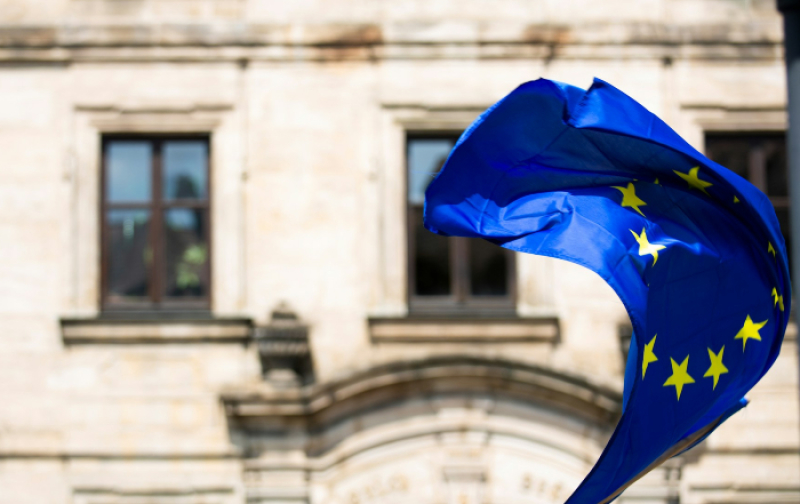
A new analysis contends that anti-Christian hate crimes across Europe are frequently minimized or overlooked by authorities and the public.
The report, officially presented earlier this month at the Warsaw Human Dimension Conference, examines anti-Christian incidents and comes from the Organization for Security and Co-operation in Europe’s Office for Democratic Institutions and Human Rights (OSCE/ODIHR).
According to the document, Christians in Europe face a broad spectrum of offenses—spanning graffiti and property damage to physical assaults and killings—with interreligious tensions cited as one contributing driver.
As the report puts it, “Religion-related or religion-inspired violence may also stem from the perception of Christianity as a rival, inferior or adversarial faith — often framed within violent ‘extremist’ narratives, historical grievances and geopolitical tensions.”
The findings highlight heightened risks for Muslims who convert to Christianity, pointing to a 2023 case in the United Kingdom in which a convert was stabbed by his housemate who was shouting “Allahu Akbar.”
In that instance, the two men had initially maintained good relations, but after the conversion, the assailant regarded the victim as, in the prosecutor’s words, “somebody who deserved to die.”
The report further notes that female converts from Islam to Christianity face particular vulnerability, stating they are “especially at risk of being punished by their families once their new faith is discovered, including through physical violence and threats.”
More broadly, the document asserts that anti-Christian hate crimes are often “downplayed, under-reported or politically overlooked.”
It also stresses that “anti-Christian hate crimes do not take place in a vacuum” and emphasizes that “everybody has a role to play in fostering a climate of mutual respect and understanding.”
In addition, the analysis observes that, in certain contexts, “political discourse and narratives have helped to perpetuate anti-Christian bias and stereotypes in the public sphere.”
Among its prescriptions, the report urges a stronger understanding of anti-Christian attitudes, expanded research, and the adoption of policies and legal measures to protect Christian communities; it also suggests considering enhanced security during Christian celebrations such as Christmas.
Recommendations for state actors include efforts to promote “a clear and accurate understanding of the specific characteristics of contemporary anti-Christian bias, as well as of common discriminatory narratives that drive intolerance against Christians.”
Media are encouraged to uphold standards of fairness, with the report calling on journalists to “convey unbiased and accurate information” and to avoid coverage that might “perpetuate or reinforce anti-Christian bias.”



















